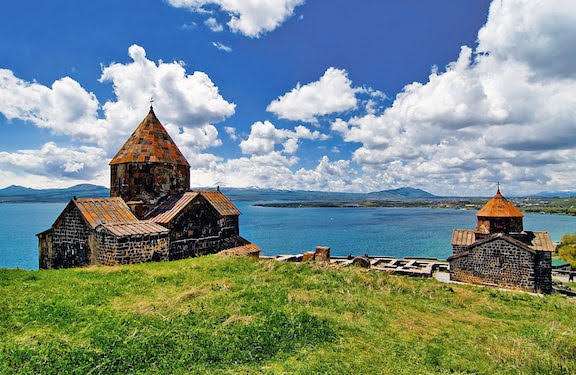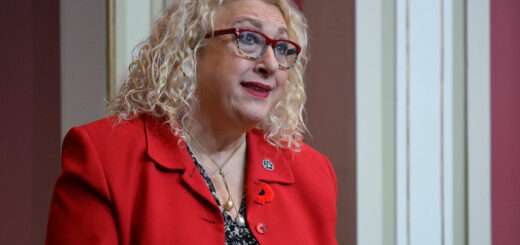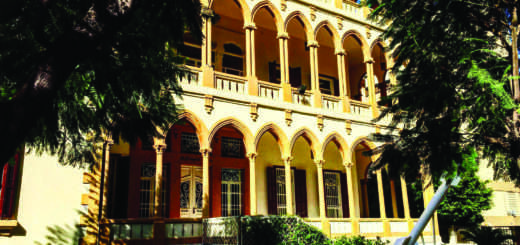Pashinyan Hesitates to Answer Aliyev’s Latest Push for Return of Azerbaijanis to Armenia

President Ilham Aliyev is claiming Lake Sevan is historic Azerbaijani land
Prime Minister Nikol Pashinyan on Tuesday hesitated to provide a straightforward response to statements made by President Ilham Aliyev of Azerbaijan, who renewed calls for Azerbaijanis to be allowed to return to Armenia, claiming that it was their historic homeland.
Addressing Azerbaijan’s Academy of Sciences on Monday, Aliyev said, “the return of Azerbaijanis to modern-day Armenia should not frighten the Armenian people or state,” insisting that parts of Armenia were historically the territory of Azerbaijan.
Aliyev justified his comments by saying, “Azerbaijanis have never pursued separatism. On the contrary, our people have contributed to the statehood of the countries in which they live, and today Azerbaijanis do not cause problems in any country and will not cause problems for any state or people.”
Aliyev also insisted that Azerbaijanis would be returning to Armenia “in automobiles rather than on tanks.”
But the most egregious statement from Aliyev was when he referred to Lake Sevan, Armenia’s largest body of fresh water, as “Goycha,” stressing that this Azerbaijan name appeared on early 20th-century Russian imperial maps.
In his remarks, Aliyev also described Azerbaijan’s victory in the 2020 war as “brilliant, complete, and absolute” and again accused Armenia and its diaspora of “distorting our history for years.”
“This propaganda continues. And we must confront it with our scientific truths,” Aliyev said, repeating Baku’s narrative about historical names of place in modern-day Armenia.
“Early 20th-century Russian imperial maps clearly show that almost all place names in the area — all regions of present-day Armenia — are of Azerbaijani origin. Lake Sevan does not exist – there is Goycha. We did not create these maps, they were made by Tsarist Russia, which brought Armenians from Iran and Eastern Anatolia and resettled them in Karabakh to change the [region’s] ethnic composition. These maps reflect historical truth. We must study and disseminate them,” Aliyev added.
When asked by reporters on Tuesday about Aliyev’s remarks, Pashinyan hesitated to answer directly, instead saying that before doing so he would need to clarify what exactly Aliyev had said.
Pashinyan said during the Tsarist era, names of cities in both Armenia and Azerbaijan were changed, as they were during the Soviet era, essentially downplaying Aliyev’s remarks, which can be deemed as territorial claims from Armenia, to mere names being used at different junctures in history. “In other words,” Pashinyan said, “we must make a choice.”
He then deferred to comments he had made earlier at a conference in Yerevan, where he spoke about relations between Armenia and Azerbaijan.
At that conference, Pashinyan, again insisted that the conflict between Armenia and Azerbaijan had ended, and pondered whether it is wiser “to make history” or dwell on it.
“Do we want to be a consumer of history, or do we want to be a creator of history? The experience of the last two years tells us that we can be a creator of history, which does not mean forgetting history at all. But on the other hand, not forgetting history and being a creator of history means at least not entering into the controversial role of a reproducer of history,” Pashinyan said at the conference.
While tacitly cautioning that Baku’s agenda of pursuing the return of Azerbaijanis to Armenia was “dangerous,” Pashinyan went on to extoll the virtues of the agreements he and Aliyev had signed in Washington in August.
“A 30-year social and psychological reality cannot be stopped simply by turning off a switch or applying the brakes,” Pashinyan said.
“This logic is expressed from time to time both in Azerbaijan and in Armenia – in the media, in public and expert circles, and even at the leadership level of our countries. We need to find the right formulas for dealing with this phenomenon,” Pashinyan added.
The prime minister emphasized the need to treat history carefully.
“If the Greeks start recalling Alexander the Great, or Italians the Roman empire, where would we all end up? We have read that history, and in my view, we have already created a new one. Even two years is already history. We must be able to distinguish the past from the future,” Pashinyan said.
One of Pashinyan’s key allies, Parliament Speaker Alen Simonyan, who notoriously has made statements that seemed to rationalize Aliyev’s aggressive statements against Armenia, on Monday dismissed the Azerbaijani leaders remarks, saying they were made for internal consumption in Azerbaijan.
“I don’t see anything in his remarks about conquering. On the contrary, he speaks of returning in automobiles, not tanks. I interpret this as him saying that this issue will not be resolved through war,” Simonyan added, saying that Aliyev’s comments did not imply aggression.





